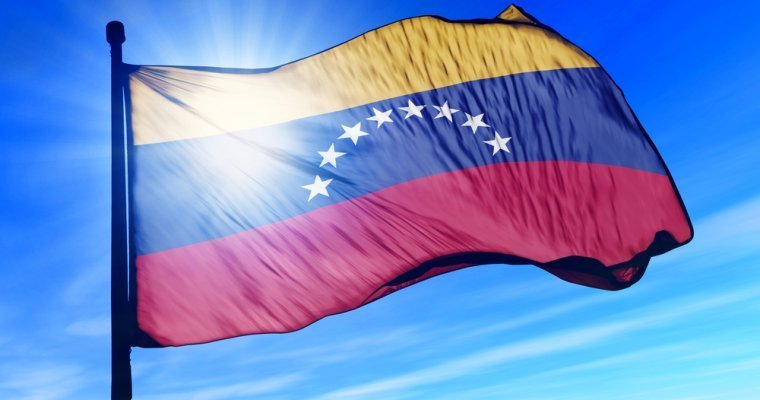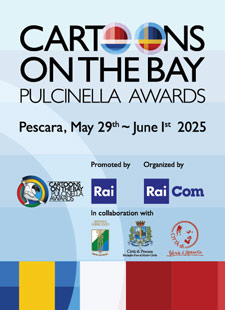From Miami, Florida. The entire LATAM and North American TV sector is monitoring the drama currently unfolding in Venezuela with some trepidation.
Once a fertile ground for successful programming, Venezuela’s social and political conditions are getting worse every day. We have a general understanding of the various emergencies: food, medicine, electric power, hyperinflation, health, and safety. But to really understand what is usually only known in diplomatic circles (and that the general press does not report), we turned to a Venezuelan who commutes between the “Westonzuela” and “Doralzuela” areas of Miami (named for the high number of residents from Venezuela), and who has relatives in Caracas.
A former Venezuelan TV executive, our source closely follows the events that are taking place in his country.
One little-known fact, he reported, is that dictator Nicolás Maduro is protected by a contingent of Cuban guards that surround him.
“Cuba,” said our source, “also tells Maduro to maintain a hard line. “If you resist,” they tell him, “in the long run the crisis will pass.”
He also has the support of Chinese and Russian officials, but they are not as present in the territory as the Cubans are.
The one element that could be destabilizing for Maduro, and is often cited by news reports, is the action taken by the generals, but this has many caveats. The first one is that, since the era of the previous dictator, Hugo Chávez, the number of generals has increased from 60 to 2,000. They are therefore difficult to manage.
The second caveat is that the generals do not trust the guarantees they’ve received. “Who assures us that once Maduro is deposed, we are not arrested or killed” is their point of view, said the Venezuelan expat. “For them, staying with Maduro is less risky than being without him.”
Another factor is that many generals are engaged in illegal drug-trafficking activities with Colombia, so they would immediately be exposed to legal action once Maduro is removed.
According to our source, the decisive turning point will come only when, urged by recognized president Juan Guaidó, the masses switch their demonstrations from the squares to Miraflores, the Presidential Palace. At this point, the soldiers will fire into the crowd and there will be many casualties.
Guaidó’s return to Caracas could go a number of ways, but either way, he will be under the protection guaranteed by the United States, who warned Maduro of the consequences should something happen to him.
But our source said that if Maduro wants to eliminate Guaidó, he will employ the “colectivos,” the criminal gangs that circulate undisturbed in the country and are used by the drug-trafficking generals. “In this way,” said our source, “Maduro will be able to say that it was not his fault.”
The United States, however, has signaled that they are ready for military action if Guaidó is harmed, and to make the message very clear, all their diplomatic personnel returned to the United States.
Venezuela has additional destabilizing elements these days, including the presence of rebels from Colombia (such as the FARCS and the lesser known Ejercito de Liberación National), in addition to the massive Cuban presence.












Leave A Comment